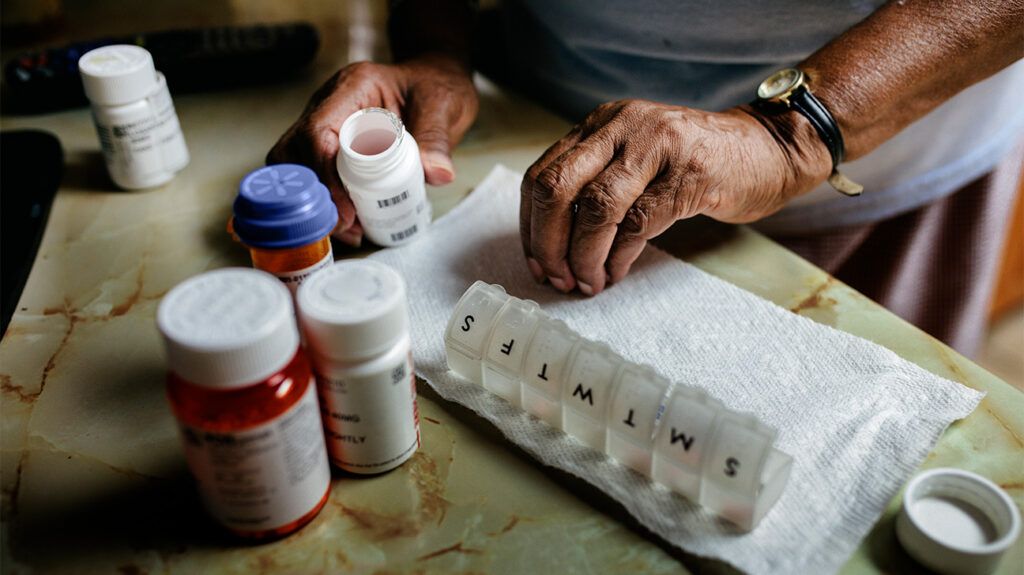'Reborn again': A Miraculous Recovery of a Blind Patient After Triple-Organ Transplant

Jessica Lopez, a woman who lost her sight in infancy due to cancer, has successfully undergone a rare triple-organ transplant, restoring her health and opening new horizons for her future. Her inspiring story highlights advances in transplantation medicine and patient resilience.
Jessica Lopez, a woman who faced extraordinary medical challenges from a young age, is now celebrating a remarkable recovery after undergoing a rare and complex triple-organ transplant. Born with cancer and retinoblastoma, which caused her blindness in infancy, Lopez endured aggressive treatments to fight her cancers. These treatments, while saving her life, eventually led to severe heart, liver, and kidney failure.
By her early 30s, Lopez was in a dire state, with her organs failing rapidly. Her heart, liver, and kidneys were shutting down, and she was placed on a waiting list for transplantation. The situation was critical, but a pioneering medical team at Northwestern Memorial Hospital in Chicago was prepared to undertake a risky procedure. Given that triple-organ transplants are performed only a limited number of times — around 59 in the U.S. — her case was particularly challenging.
Dr. Benjamin Bryner, a cardiothoracic surgeon, expressed confidence in her prospects, highlighting Lopez’s positive attitude and humorous spirit. Lopez herself remained optimistic, trusting her medical team to succeed. Her health decline was linked to the long-term effects of childhood cancer treatments, which increased her risk for heart failure and organ damage.
In February 2025, Lopez received a rare opportunity: all three organs—heart, liver, and kidneys—became available simultaneously. The surgical team performed a complex operation, transplanting the heart and liver together to reduce ischemia time, while later transplanting a new kidney. The process involved synchronized efforts by multiple surgeons, utilizing advanced techniques to maximize the success of the transplants.
Today, Lopez is thriving. She credits her recovery to the generosity of her organ donor and their family, and she describes her experience as being "reborn." Her energy levels have increased dramatically; she now plans to pursue a career in forensics and to get married in California in 2026.
Despite her longstanding blindness, Lopez has adapted well to her new life, using landmarks and technology to navigate her surroundings. Her journey illustrates the incredible possibilities that modern medicine offers and serves as an inspiring story of hope and resilience for those facing similar health crises.
Stay Updated with Mia's Feed
Get the latest health & wellness insights delivered straight to your inbox.
Related Articles
Virtual Reality Nature Scenes Show Promise in Reducing Pain Sensitivity
Virtual reality immersion in natural scenes has been shown to reduce pain sensitivity, especially when users feel a strong sense of presence, offering promising new avenues for pain management.
AI Model Suggests Nearly 40% of Breast Cancer Patients Could Avoid Axillary Surgery
A groundbreaking AI model from Lund University predicts that nearly 40% of breast cancer patients could safely avoid axillary surgery, paving the way for more personalized and less invasive treatment strategies.
Can HIV Medications Offer New Hope in Alzheimer's Prevention?
Emerging research indicates that certain HIV medications, especially NRTIs, could significantly lower the risk of developing Alzheimer’s disease. Learn about the science and future prospects of this promising link.



